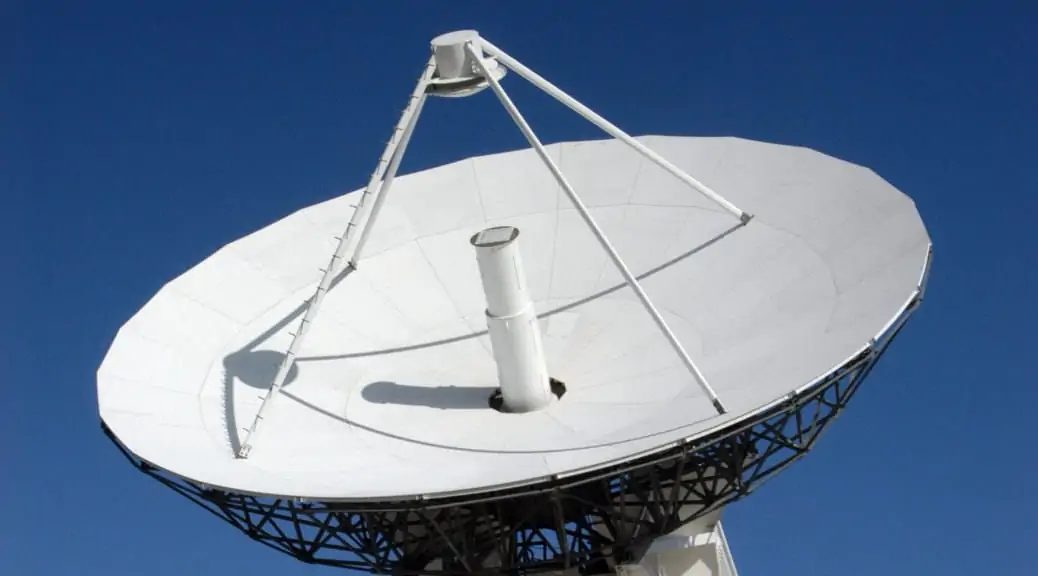The summer of 2015 has been a terrible climate moment and an energy game changer in the Middle East. From the end of July to the middle of August, a terrible heat wave has swept the whole region, from Iran and the Persian Gulf to Egypt, causing hundreds of deaths and a heavy pressure on the health of people, the infrastructures and social cohesion (Kyle Jaeger, “”Heat Dome” in the Middle East is ravaging region’s residents”, ATTN, August 4th, 2015). At the end of this sequence, at the beginning of September, the Italian oil giant corporation ENI announced having found a mammoth off shore deposit of natural gas in the Egyptian economic exclusive zone (Jeff Reed, “ Elephant discovery made …
Continue reading “Climate Nightmare in the Middle East”










